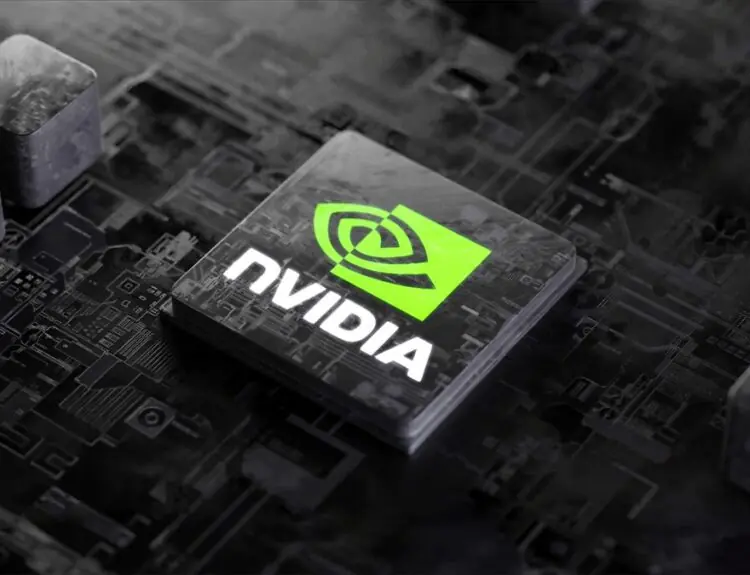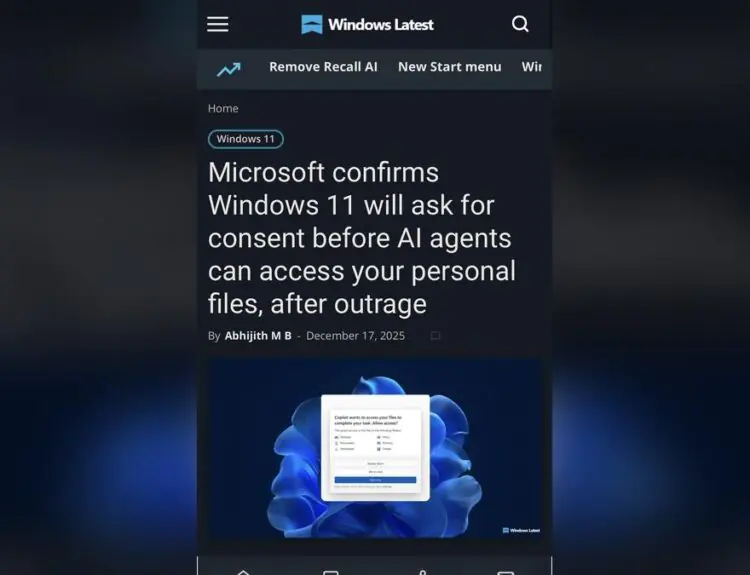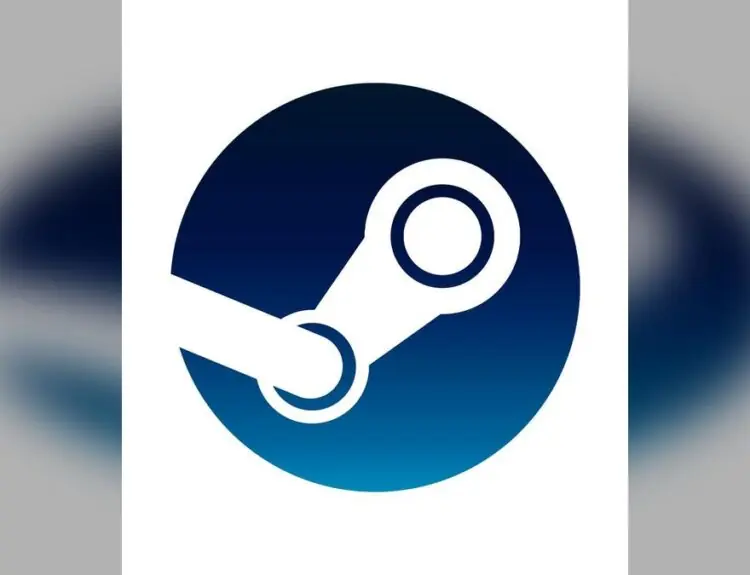A society grows great when they plant trees whose shade they’ll never enjoy, or something to that effect. I’m a bit out of date on my navel-gazing quotes from centuries past, but the general idea is very much there: do things for everyone and you’re set, right?
That seems to be the general idea behind Valve’s Proton which has grown in leaps and bounds in 2019, and the markings continue to climb as more and more titles become fully playable thanks to Valve’s Proton, with help from various other development firms such as Google.
The idea is generally that titles are primarily made for Windows, locking them into a type of PC exclusivity platform. This isn’t necessarily because Windows is a fantastic environment (far from it, all things considered) but because they were first on the scene when computing was just taking off. Now we get to sit through more software as a service (SaaS) as our operating systems now require a new purchase everytime you shift components within your PC.
Valve's Proton project has brought 6,500 Windows games to Linux so far https://t.co/o5TVcjJcR1 pic.twitter.com/b9DOixQ8qs
— TechSpot (@TechSpot) April 21, 2020
Many users couldn’t even opt-out of the bloated Windows 10 ‘upgrade’; Microsoft set the quit button of the screen as a ‘Confirm’, so people who tried to opt-out of the horrific experience were still forced into it. Systems blue-screened, projects I had spent hundreds of hours into developing were corrupted, and I still have a massive bone to pick with Microsoft’s dishonest experience that allows them to sell all of your information.
Enough about the garbage service of the primary service for PCs, though; we’re here to talk about Proton.
Proton allows users that operate on Linux to play games that were made specifically for Windows with minimal fuss; no more packages, chasing old forums, and everything else that can, unfortunately, come from dodging Microsoft while still playing games on the PC. Credit to TechSpot for amassing this; Proton has just broke 6,500 fully playable Windows titles that can be played on Linux with little effort required thanks to Proton.
Further, that number is climbing exponentially by the month as Proton continues to come closer to completion despite a general lack of announcements coming forth from Valve. It’s worth noting that as the number of games that are fully compatible with Proton climbs, so does the number of games that have been tested. This is likely more a case of games that have awaited testing simply being tested; the two numbers currently correlate and likely will for some time as they both experience growth.






